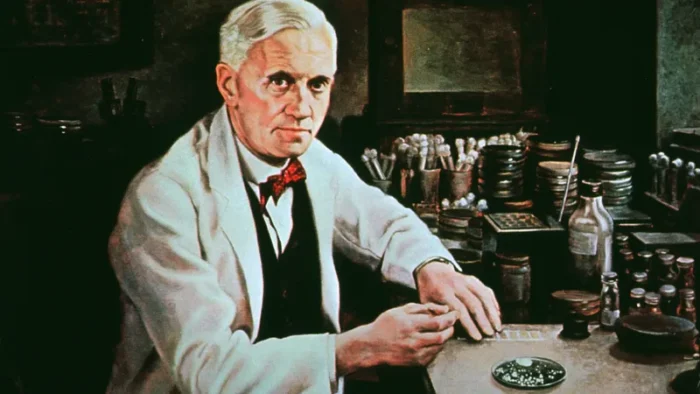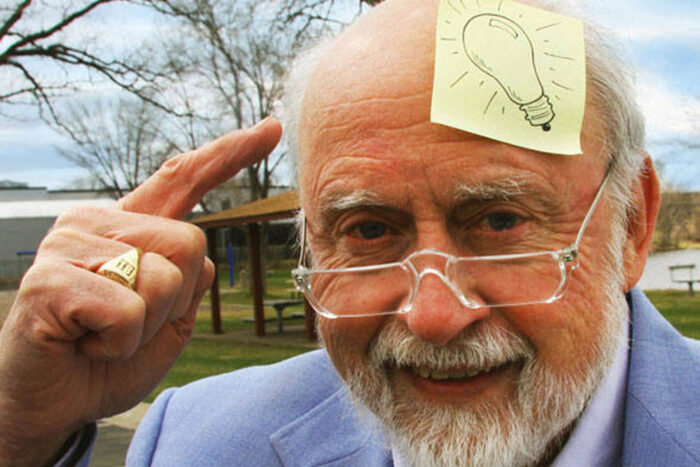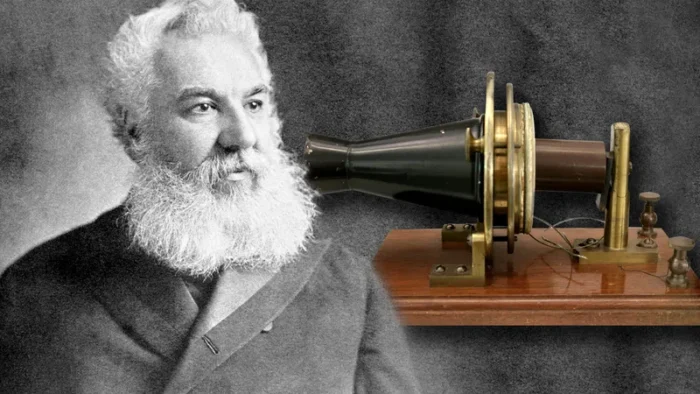
Every epoch of human history is punctuated with moments of brilliant insight; flashes of genius that change the course of our collective journey. These ‘Eureka moments’—from the ancient tale of Archimedes in his bath to modern innovators in their labs—are turning points that have dramatically redefined how we live, work, and perceive the world.
In this blog, we’ll dive deep into the histories of some iconic inventions, exploring those magical instants when inspiration met innovation.
1. The Light Bulb
In the twilight of the 19th century, with cities bustling and industry booming, humanity felt an acute need for a more reliable and efficient light source. Gas lamps ruled the streets, but they were hazardous and inefficient. Enter Thomas Edison—a maverick inventor with a singular vision.
After numerous experiments and countless failures, Edison’s Eureka moment dawned with the discovery of a carbonized bamboo filament for his bulb. This breakthrough paved the way for the electric age, turning the night into day and reshaping urban life and culture forever. If you have a similarly light idea you can click here and see what you got.
2. Penicillin ─ The Miracle Drug

Fast forward to the 20th century, a time plagued by bacterial infections, with many proving fatal. In this grim scenario, Alexander Fleming, a scientist not particularly tidy in his work habits, made a serendipitous discovery.
Returning from a vacation, he found a peculiar mold on a forgotten petri dish. Around this mold, harmful bacteria were destroyed—a Eureka moment that gave birth to Penicillin. This ‘miracle drug’ would go on to save countless lives, transforming medicine and setting the stage for the antibiotic revolution.
3. The World Wide Web
The late 20th century was abuzz with a new kind of magic—the internet. Yet, navigating this digital realm was clunky and unintuitive until Tim Berners-Lee, a British scientist, had his Eureka moment. He envisioned a ‘web’ of information, interconnected through ‘hyperlinks’. The World Wide Web was born. Beyond simplifying navigation, the WWW democratized information access, fostering global connectivity and birthing a new digital age. This is why we today have access to InventHelp and similar patent-oriented outlets.
4. Post-it Notes ─ The Accidental Invention

Sometimes, when you aim for the stars, you land amidst clouds—a pleasant surprise. Spencer Silver, aiming to develop a super-strong adhesive, ended up with one that was weak and reusable.
It could have ended there, but his colleague, Art Fry, had the real Eureka moment. Fry imagined using this adhesive to mark his hymnbook pages. Thus, the ubiquitous Post-it Note was born—a testament to looking at ‘failures’ through a lens of potential.
5. Velcro ─ Inspired by Nature
Nature, with eons of R&D, offers ingenious solutions to many problems. After a hiking trip, Swiss engineer George de Mestral, intrigued by the burdock burrs clinging to his clothes and dog, delved deeper. His Eureka moment?
Realizing that these burrs, with their hook structure, could inspire a unique fastening system. Velcro, a marvel of biomimicry, would then revolutionize closures in fashion, medicine, and beyond.
6. The Telephone

The 19th century was an age of rapid innovation, with communication at its heart. While telegraphs tapped and Morse code beeped, Alexander Graham Bell yearned for more. His Eureka moment—realizing he could transmit not just signals but the human voice over wire—led to the birth of the telephone. This invention would shrink the world, making distant conversations an everyday affair and setting the stage for our modern connected era.
7. The Printing Press ─ Gutenberg’s Revolution
Picture a world where every book is a painstaking labor of love, hand-copied by dedicated scribes. Enter Johannes Gutenberg in the 15th century, a visionary with a dream to mass-produce knowledge.
His Eureka moment, inventing the movable type system spawned the printing press. This machine democratized knowledge, making books accessible and affordable, and catalyzing an intellectual and cultural revolution.








